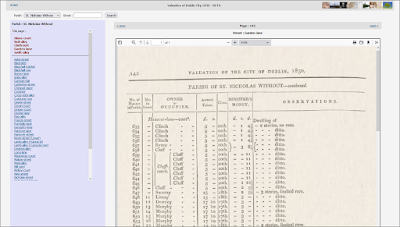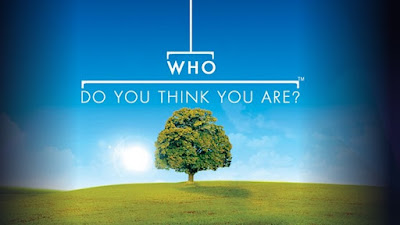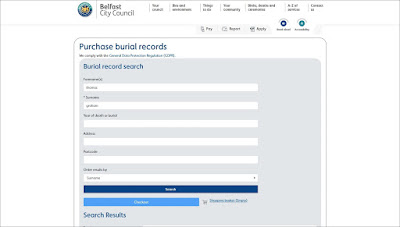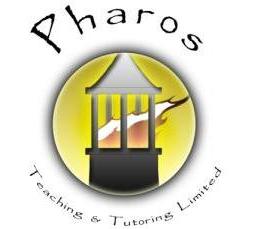For almost four decades, Scots based genealogist David Dobson has been valiantly plundering the archives to create finding aids for names of individuals from various Scottish linked communities, all dutifully published by the Genealogical Publishing Company (https://genealogical.com) for Clearfield Company in the US. These range from lists of Scottish emigrants and Scots banished to the American plantations, to lists of settlers in specific areas, such as Inverness in Scotland to the Carolinas in the US, or to early settlers in the American colonies.
One community in particular that David has been meticulously documenting since 1994 has been the Scots who travelled to Ireland to permanently settle, or who moved back and forth across the Sheuch between Ireland and Scotland. Often referred to today as the 'Ulster Scots', or in the US as the 'Scotch-Irish', it is a sometimes simplistic narrative that states that these Scots settled in Ireland just prior to and during the Plantations of the early 1600s, and then moved on to the American colonies as a result of the discrimination imposed upon them through the Penal Laws, or through the desire for economic opportunities overseas. Many of these earlier Ulster Scots were Scots who went to Ulster during the Plantations (and beyond in Ireland), who died there or who returned fairly soon after to Scotland, as a consequence of the troubles of the 1640s, and through subsequent religious persecution. But there were several other waves of emigration to Ireland from Scotland to replenish their numbers, with many choosing to settle there after the Williamite Wars concluded in the late 17th century, into the period of Ireland's membership of the UK, and beyond the point of the island's Partition in 1921. Many of their descendants moved on from Ulster and Ireland, some regularly travelled and traded between Scotland and Ireland, whilst others even returned to live in Scotland (this reviewer being just one such Ulster Scot and equally proud Irishman!).
The point is that there were a lot of them, forming many different communities wherever and whenever they settled, whether in Ireland or the US, or even returning to Scotland and playing a part back there, and David has been on their trail for a long time. Through a series of publications entitled Scots-Irish Links, he has meticulously plundered the national repositories in Scotland, Ireland and England, universities and more localised archival holdings, as well as published secondary sources, to produce definitive lists in alphabetical order of those he has found, noting their names, brief descriptions of who they were, and where to find the original documents describing them. It's a Herculean effort that has been nothing short of heroic.

The main problem with these publications, if there ever was one, is that there were a fair few of them! Some libraries may hold a few copies, some may even be available online, but a complete collection has not always been an easy thing to find – until now. This new Scots-Irish Links Consolidated Edition covering the period from 1575-1825 is an absolute beast of a thing, comprised of two heavy volumes, each with over 900 pages, providing a faithful facsimile reproduction of all the relevant editions within a single genealogical gem. Most handily, each volume has a new general index to all of the editions hosted within (compiled by Jana Broglin), making it a much easier job to find the names that may be of interest for your research. As if that was enough, just for good measure, the author has also produced additional and unique content specifically for this edition, making it therefore the definitive and complete version (at least for now!). This update is comprised of Scots-Irish Links 1825-1900 Part 2, and Addendum to Scots-Irish Links 1725-1825, adding about a fifth of the second volume's content.
The following is how each volume is broken down:
Volume 1: Scots-Irish Links 1575-1725, Parts 1-8 (936 pages)
Volume 2: Scots-Irish Links 1575-1725, Parts 9-11; Later Scots-Irish Links 1725-1825, Parts 1-3; Scots-Irish Links 1825-1900, parts 1-2; Addendum to Later Scots-Irish Links 1725-1825 (910 pages)
The following are some typical entries that can be found:
GRAHAM, THOMAS, was granted Irish denization on 12 February 1618 [IPR]
WYLIE, JOHN, a Merchant of Belfast, was admitted as a burgess and guilds-brother in Ayr on 9 April 1718 [ABR]
MCCUTCHEON, WILLIAM, master of the bark Friends Adventure of Belfast, trading between Irvine and Belfast, 1686, and of the William and Jean of Belfast, a bark, trading between Irvine and Belfast, 1688 [NAS.E72.12.13/15]
(IPR = Irish Patent Roll; ABR = Ayr Burgess Roll; NAS = National Archives of Scotland, now the NRS)
I can see this being immensely useful for those carrying out research between Scotland and Ireland, and have already discovered some new leads into my own ancestral research of the Montgomery family of the small County Antrim town of Larne in the mid-18th century. I had previously established from research at PRONI that a John Montgomery from Larne was involved in shipping passengers to the American colonies in the 1770s, in partnership with a Malcolm McNeill in the town, but from David's books I have now found entries from Scottish records of two other ship-owning members of the Montgomery family from Larne in the previous decade, a William and Robert, who will undoubtedly be related. And that is just the first surname I have looked up – there's a fair few more to get stuck into.
If you're interested in Scottish history, Irish history, or Scotch-Irish history, this epic set is an absolute essential for your genealogical library. The books can be purchased individually at US$90 each from the Genealogical Publishing Company, or as a set for US$165 at https://genealogical.com/store/scots-irish-links-1525-1825-consolidated-edition-in-two-volumes/. Very highly recommended.
(With thanks to Joe Garozik at the Genealogical Publishing Company for the review copy)
Chris
My new book Tracing Your Irish Ancestors Through Land Records is now available to buy at https://bit.ly/IrishLandRecords. Also available - Sharing Your Family History Online, Tracing Your Scottish Family History on the Internet, Tracing Your Irish Family History on the Internet (2nd ed), and Tracing Your Scottish Ancestry Through Church and State Records - to purchase, please visit https://bit.ly/ChrisPatonPSbooks. Further news published daily on The Scottish GENES Facebook page, and on Twitter @genesblog.





























